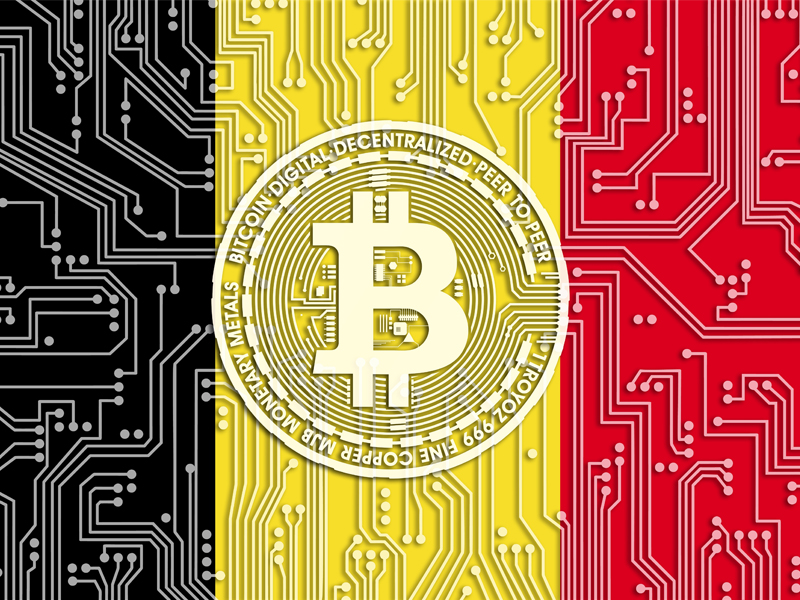Belgium has revealed plans to develop a European Blockchain infrastructure during its upcoming Council of the European Union presidency in early 2024. It aims to facilitate the secure storage and management of official documents like driving licenses and property titles across the EU.
Developing a public blockchain for pan-EU infrastructure is among the four priorities of Belgium’s upcoming presidency. The remaining three include launching measures on artificial intelligence (AI), regulating online anonymity, and promoting skills necessary to strengthen digital sovereignty in Europe.
Belgium’s secretary of state for digitization, Mathieu Michel, believes, “Many countries are working on applications based on the blockchain; it would be a good idea to build them on a common infrastructure. But it has to be on a blockchain managed by the government.”
He emphasized using a public blockchain instead of a private one. He said, “In terms of security, transparency, and privacy, the blockchain can give control back to the citizens of the data that belongs to them.” This feature is unavailable on private blockchains, which can raise privacy concerns.
To accelerate the plan, Michel proposes to reboot the European Blockchain Services Infrastructure (EBSI) project, which was set up by the European Union in 2018. This entails working with the European Blockchain partnership, which comprises 27 EU member states, Norway and Liechtenstein.
The renewed ESBI project will be renamed Europeum and used for public administration tasks such as verifying driving licenses and other documents across the EU. Italy, Croatia, Poland, Portugal, Slovenia, Luxembourg, and Romania have already signed up for the plan.
The Belgian presidency will also propose a ‘European Algorithms Agency.’ This agency would serve as a knowledge center, providing expertise and guidance to policymakers, businesses, and the public on the responsible development and deployment of AI technologies.
Recently, the EU agreed to introduce an EU Digital Identity Wallet, allowing citizens to store official documents securely. However, the EU’s decision file should have mentioned blockchain technology, leading to confusion regarding the EU’s stance on the adoption of emerging technologies.
With the upcoming plans for the European Blockchain infrastructure revealed, the EU has indicated its positive interest in exploring emerging technologies for the public sector. If successful, Europeum could revolutionize the management and storage of digital documents in the EU.
Belgium Plans To Develop A European Blockchain Infrastructure During Its EU Presidency
